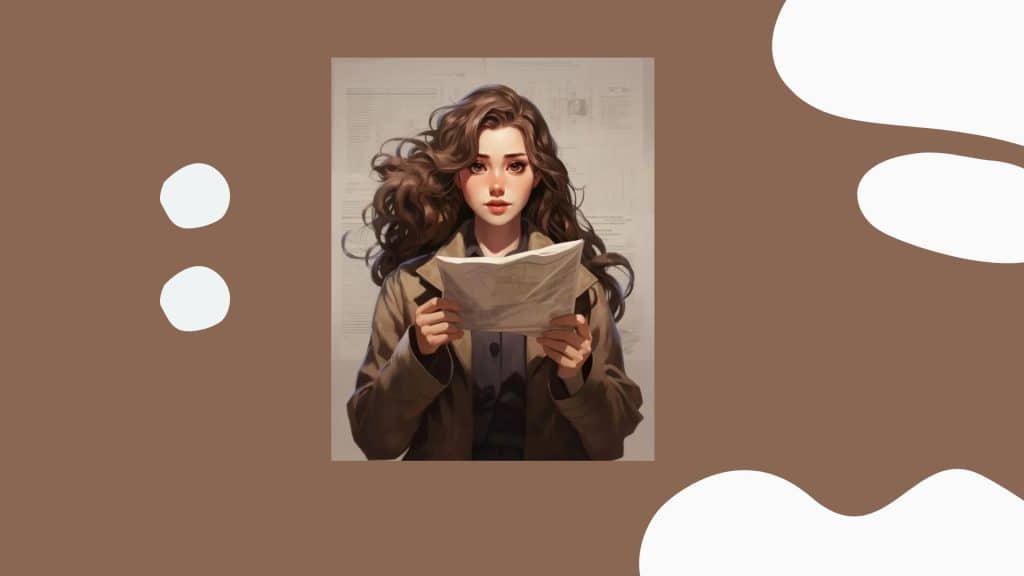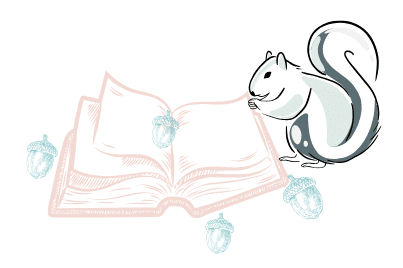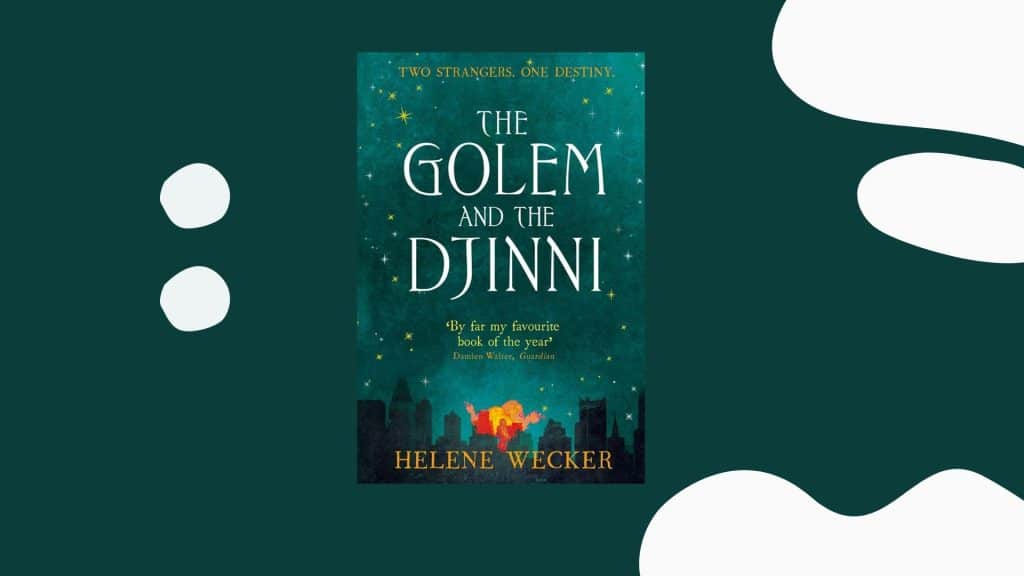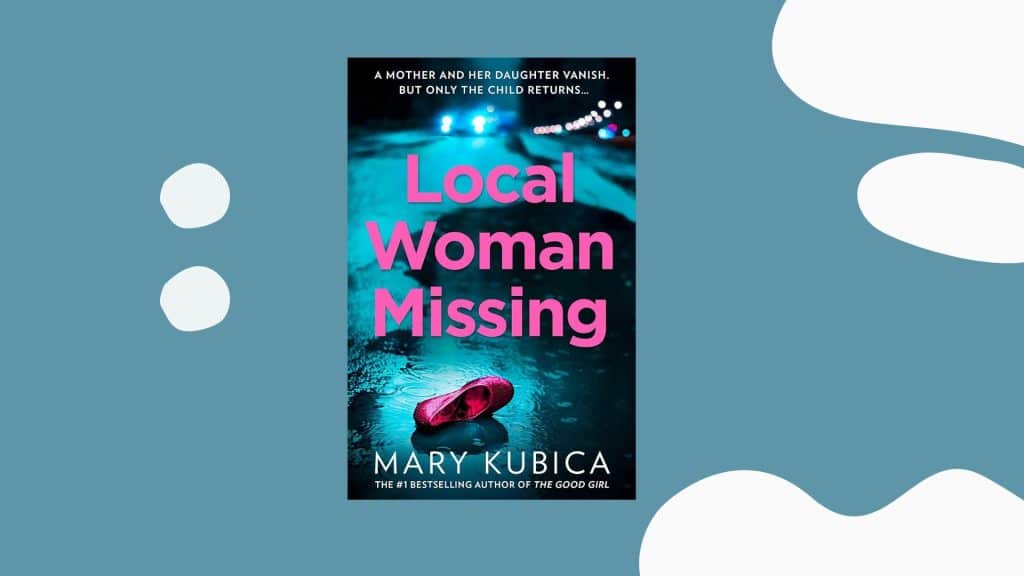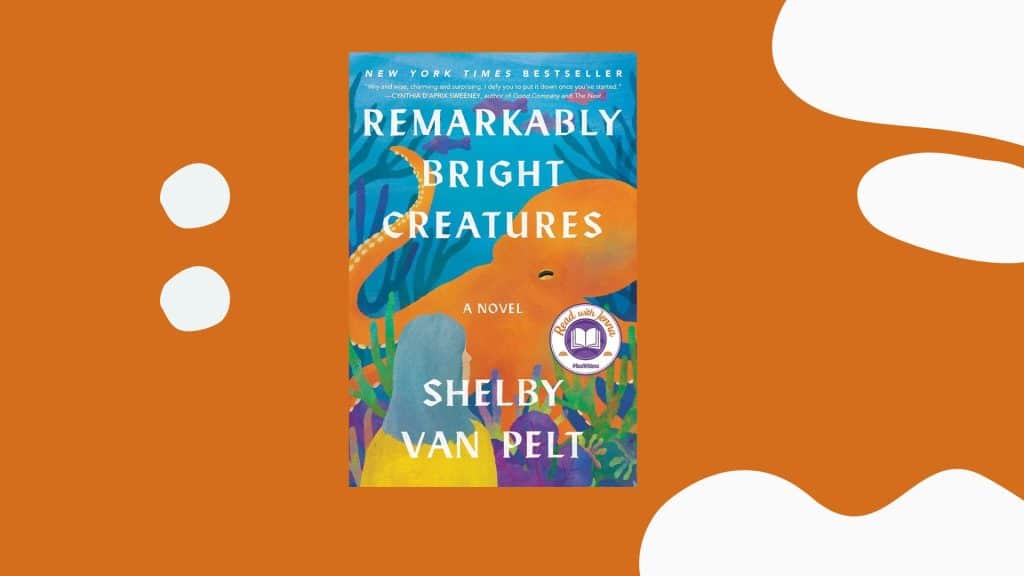“We all wear two faces—one that we show to the world and another that we keep hidden.” — Rebecca Ross
In Rebecca Ross’s enchanting world of Divine Rivals, few characters capture readers’ hearts quite like Iris Winnow.
A determined junior reporter with dreams bigger than her assigned domestic columns, Iris navigates a world where gods walk among mortals and typewriters hold magical power. Her journey of ambition, grief, and unexpected connection has resonated with readers around the globe.
This character analysis explores everything you need to know about Iris Winnow—from her background and personality traits to her relationships and character development throughout the novel.
Whether you’re a devoted fan or new to Iris’s story, join us as we delve into what makes this aspiring war correspondent one of contemporary fantasy’s most compelling protagonists.
Divine Rivals
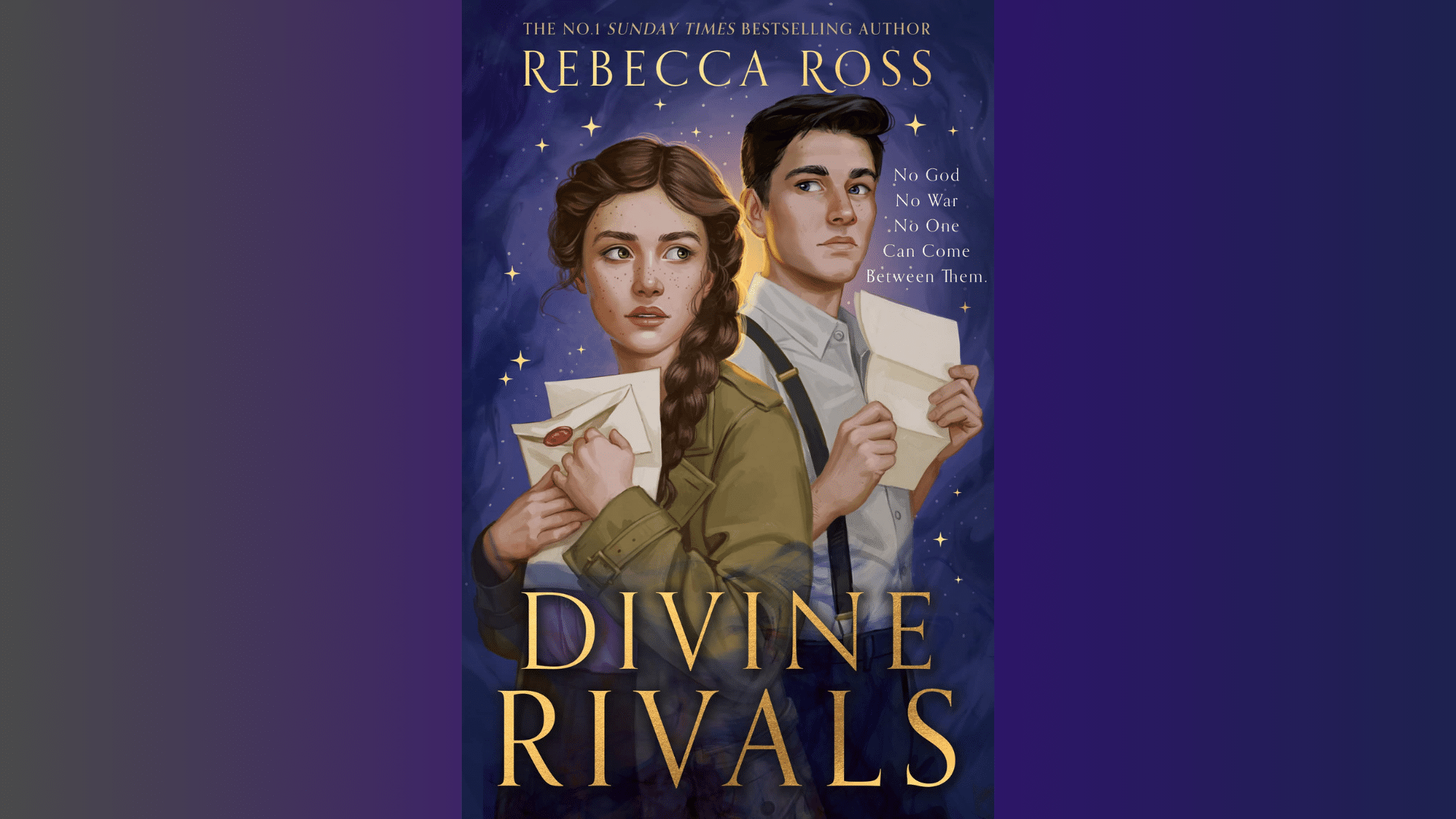
“Some of us fall in love with our friends, and some of us fall in love with our rivals.” ― Rebecca Ross
Divine Rivals takes place in a fantasy world reminiscent of early 20th-century Europe, where gods actively participate in human affairs and typewriters can hold magical properties.
The story unfolds against the backdrop of the Manifestation War, a devastating conflict between gods that has claimed countless lives.
The novel has garnered significant attention for its unique blend of fantasy elements with the world of journalism, its innovative magic system centered around writing and communication, and the compelling enemies-to-lovers romance that develops between Iris and Roman.
Who Is Iris Winnow?
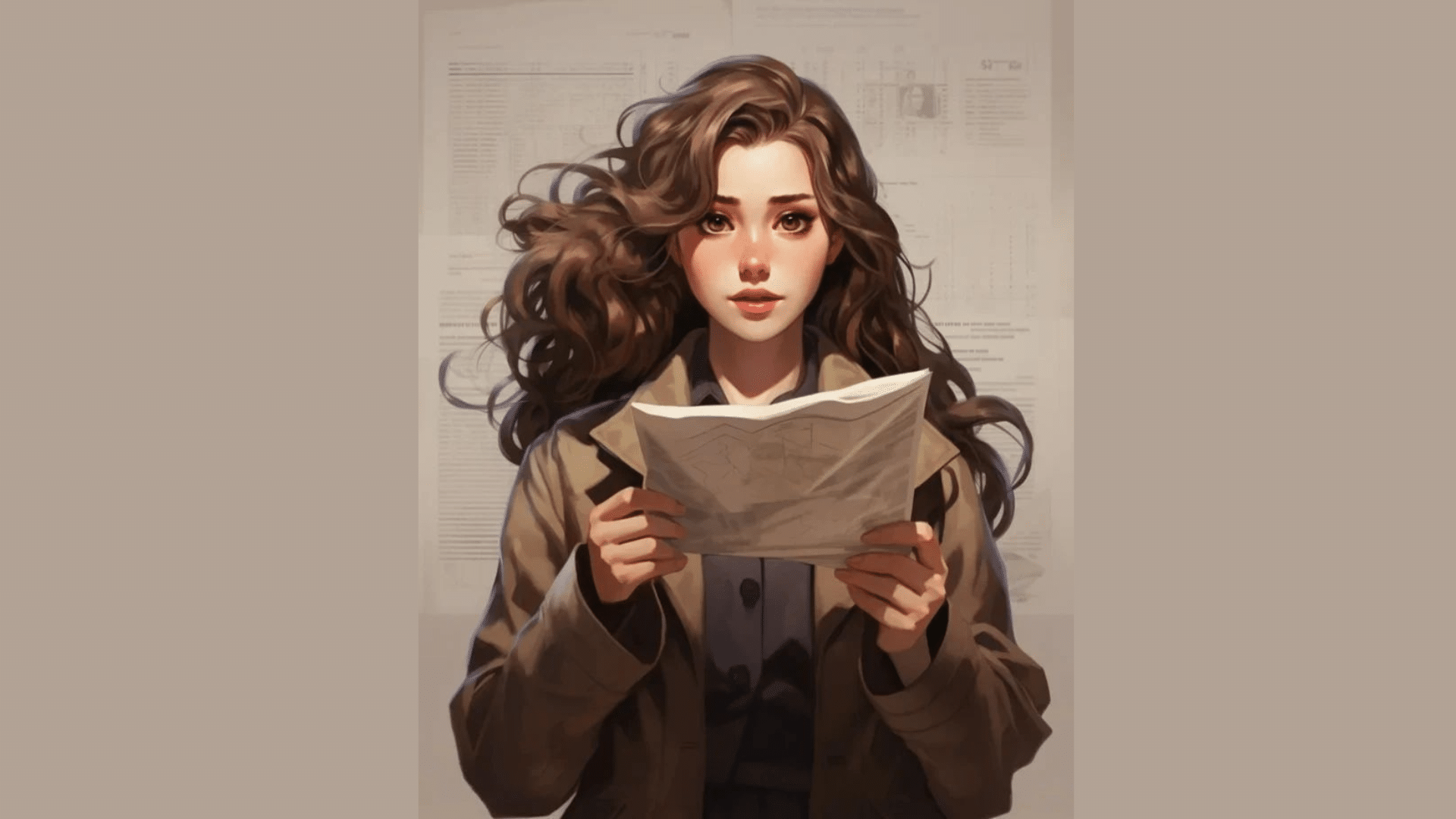
Background and Family History
Iris Winnow comes from a modest background in the city of Oath, a place reminiscent of early 20th-century Europe. At twenty-two years old, she works as a junior reporter at the Oath Gazette while supporting her mother, who struggles with alcoholism and depression.
Iris’s formative years were heavily influenced by her older brother Eli, who became a successful war correspondent before his mysterious disappearance at the front lines of the Manifestation War—a devastating conflict between gods that serves as the novel’s backdrop.
Growing up, Iris developed a deep admiration for her brother’s journalistic talents and courage, which ultimately inspired her career aspirations.
Their close relationship was complicated by an unresolved argument before his disappearance—a source of guilt that drives much of Iris’s determination throughout the story.
The Winnow family’s struggle with loss forms the emotional foundation of Iris’s character.
Her mother’s retreat into alcoholism after Eli’s disappearance forced Iris to become self-sufficient at a young age, taking on both financial responsibilities and emotional labor within her fractured family.
Personality Traits
Iris Winnow embodies a complex blend of determination, vulnerability, and journalistic integrity that makes her instantly relatable despite the fantastical world she inhabits. Some of her defining characteristics include:
Ambition and Determination: Iris refuses to be confined to the domestic columns assigned to her at the Gazette. Her persistence in pursuing opportunities to prove herself as a serious journalist demonstrates her unwavering ambition.
Loyalty: Despite their strained relationship, Iris faithfully supports her mother and remains devoted to finding her missing brother, showing her deep capacity for loyalty even when it comes at a personal cost.
Resourcefulness: When faced with obstacles, Iris consistently finds creative solutions—whether convincing her editor to let her take over a prestigious column or conducting independent investigations into her brother’s disappearance.
Emotional Resilience: Though she experiences profound grief and disappointment, Iris maintains the emotional fortitude to continue pursuing her goals while processing her feelings.
Curiosity: Her journalistic instincts manifest in a natural curiosity about the world around her, driving her to ask questions and seek truth even when answers might be painful.
Competitive Spirit: Her rivalry with Roman Kitt reveals a competitive nature that pushes her to excel, even as it sometimes clouds her judgment about those she views as opponents.
Iris’s Relationships
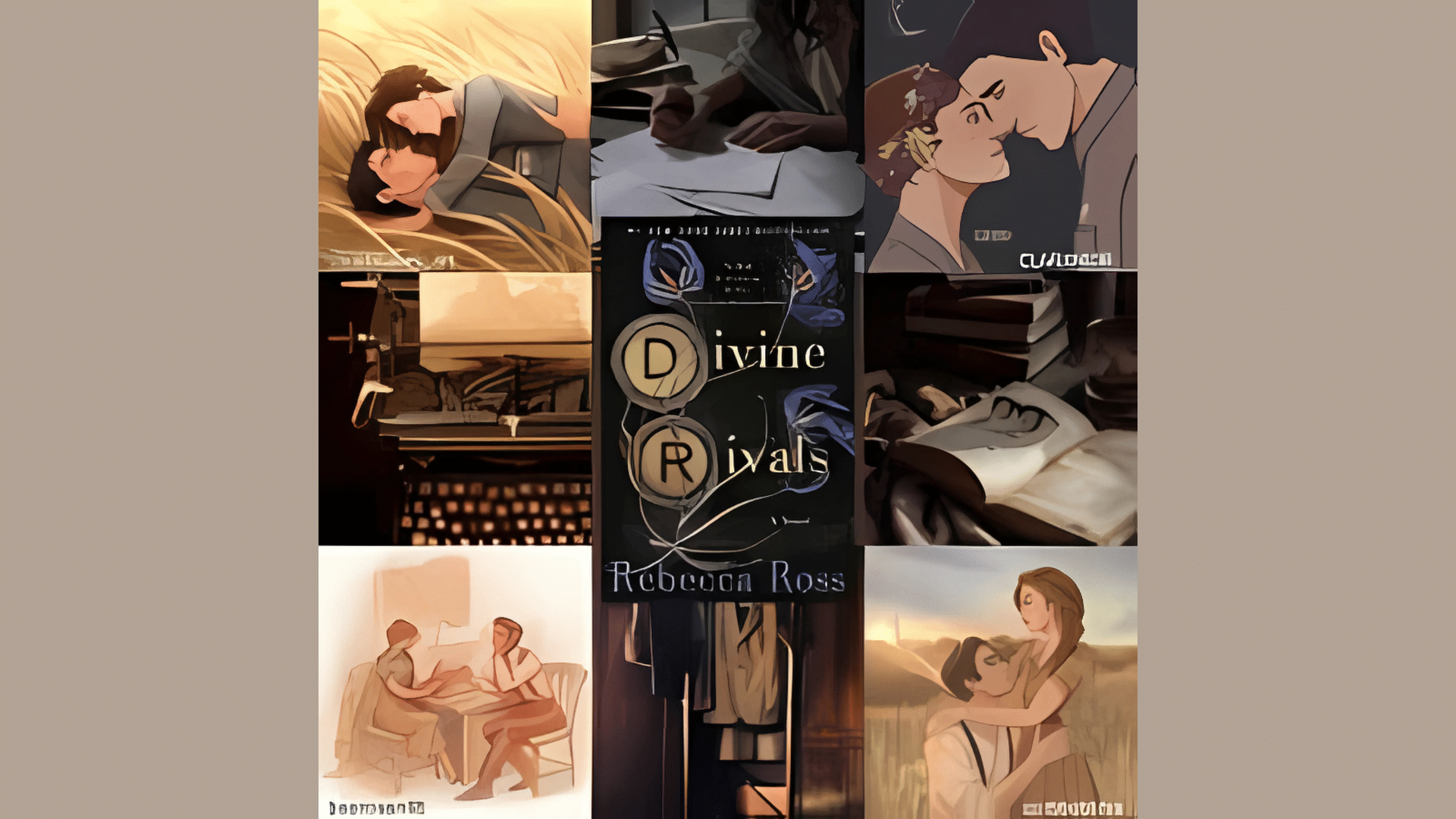
“I think the mistake we make is believing there is only one path—one way to live, one way to love, one way to grieve.” ― Rebecca Ross
Iris and Roman Kitt
The relationship between Iris and Roman forms the emotional core of Divine Rivals. Beginning as a professional rivalry charged with tension and resentment, their dynamic evolves in fascinating ways due to their unknowing connection through magical typewriters.
Their in-person interactions are marked by competitive spirit and occasional antagonism, with Iris viewing Roman as both an obstacle to her ambitions and a reminder of opportunities denied to her.
However, their anonymous correspondence reveals a deeper connection as they share vulnerabilities they keep hidden in their public personas.
This dual relationship—rivals in person and confidants through letters—creates a compelling emotional journey as Iris gradually discovers qualities in Roman and her anonymous correspondent that challenge her initial judgments. The dramatic irony of their situation adds layers of complexity to their evolving feelings for each other.
Iris and Eli
Though Eli remains physically absent throughout most of the story, his relationship with Iris drives her emotional and narrative journey. Their sibling bond, characterized by mutual admiration and unresolved conflict, haunts Iris’s decisions and motivations.
Iris’s memories of Eli provide both inspiration and painful reminders of loss. Her guilt over their last argument fuels her determination to discover his fate, while her attempts to follow in his professional footsteps represent her way of maintaining a connection with him despite his absence.
Through her quest to find Eli, Iris processes complex emotions of grief, guilt, admiration, and love, revealing how deeply familial bonds can shape our identities and choices even in absence.
Iris and Her Mother
Iris’s relationship with her mother reveals the complicated dynamics of a family fractured by loss.
Mrs. Winnow’s alcoholism after Eli’s disappearance creates tension between mother and daughter, with Iris taking on both financial support and emotional caretaking roles.
Their interactions are marked by frustration and misunderstanding but also by underlying love and shared grief expressed in different ways.
As the story progresses, moments of connection between them highlight the possibility of healing even in relationships strained by trauma.
This mother-daughter relationship provides important context for understanding Iris’s independence, resilience, and complex emotional landscape.
Iris and Dacre
Iris’s connection to Dacre, the god of words and language, adds a supernatural dimension to her character development.
Unlike the controlling relationship between Roman and Attis, Iris’s link to Dacre manifests more subtly through inspiration and linguistic influence.
This divine relationship reflects Iris’s natural affinity for words and storytelling while suggesting a destiny greater than she initially imagines for herself.
Throughout the story, moments of unusual clarity or inspiration in her writing hint at Dacre’s gentle influence, connecting her journalistic talents to broader magical currents in her world.
Key Moments in Iris’s Journey
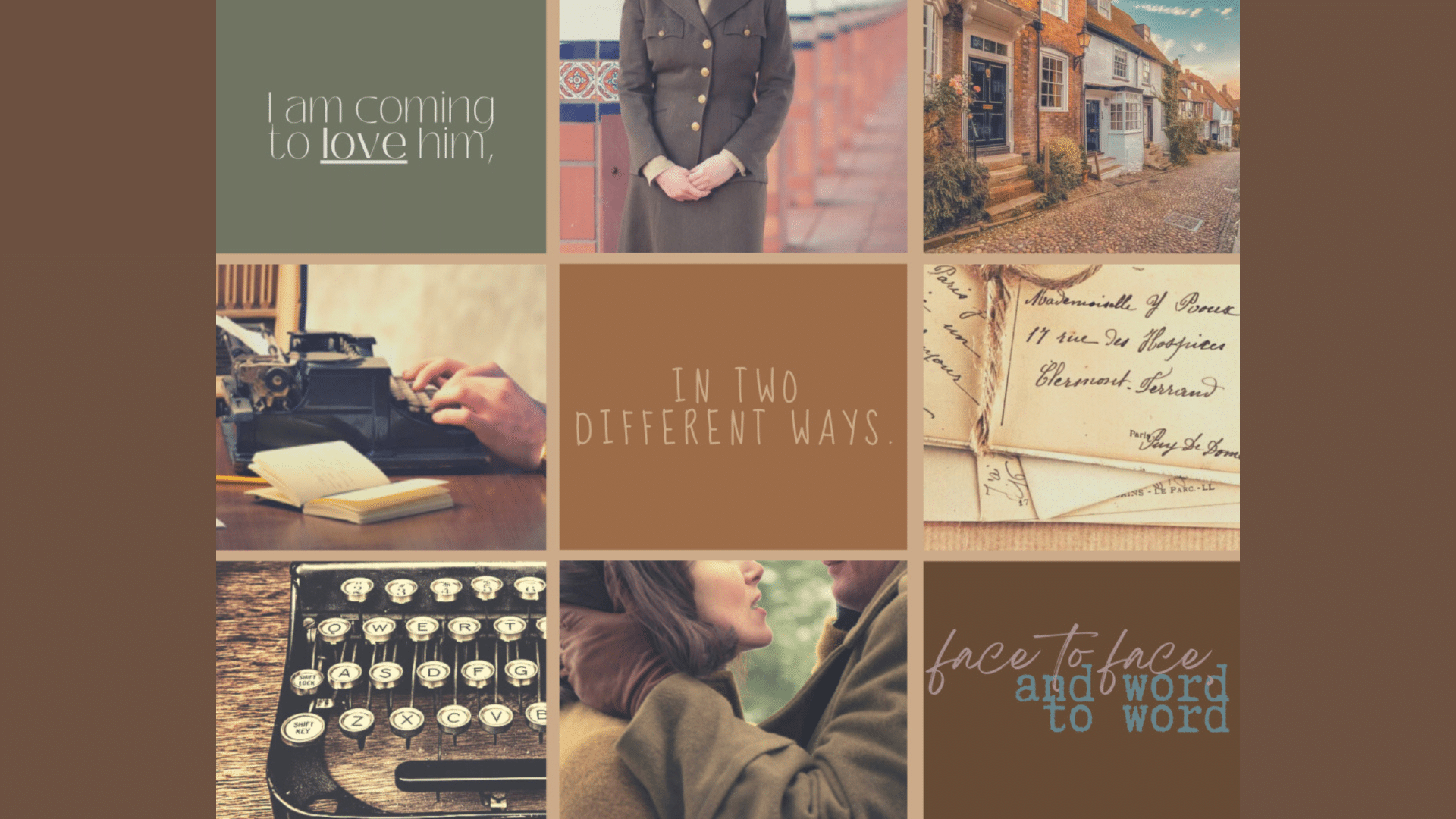
I am coming to love him, in two different ways. Face to face, and word to word.” ― Rebecca Ross
Taking Over Roman’s Column
When Roman departs for the front lines, leaving his popular gossip column vacant, Iris seizes this professional opportunity despite her initial disdain for such content.
This pivotal decision demonstrates her pragmatism and determination to advance her career even through unconventional paths.
The moment highlights Iris’s adaptability and strategic thinking as she recognizes that success in this role could lead to more serious assignments.
It also positions her to gather information about her missing brother while establishing her journalistic voice.
First Anonymous Letter Exchange
The first time Iris receives a mysterious message on her typewriter marks the beginning of her most significant relationship in the novel.
Her decision to respond rather than dismiss the strange occurrence reveals her curiosity and openness to unexpected possibilities.
This initial exchange establishes a communication pattern that will profoundly influence her emotional journey. It creates a space for her to express thoughts and feelings kept hidden in her public life.
The moment represents the beginning of a connection that will challenge her preconceptions about herself and others.
Discovering Clues About Eli
As Iris uncovers fragments of information about her brother’s disappearance, each discovery becomes a significant moment in her quest.
These revelations about Eli’s connection to the gods’ conflict force her to reconsider her understanding of both her brother and the war.
These investigative breakthroughs demonstrate Iris’s journalistic talents while deepening the emotional stakes of her search.
Each piece of information brings both answers and new questions, reflecting the complex nature of truth in both journalism and personal relationships.
Realizing Roman’s Identity
Though this revelation comes late in the story, the moment when Iris begins to suspect or confirm Roman’s identity as her anonymous correspondent represents a dramatic turning point in her character journey.
This realization forces her to reconcile two seemingly contradictory relationships—her professional rivalry and her intimate correspondence.
This moment of truth challenges Iris’s perceptions and prejudices, requiring her to integrate conflicting understandings of someone she thought she knew.
Her response to this revelation demonstrates her emotional growth and capacity for seeing beyond surface judgments.
Readers’ Connection to Iris
“It’s not a crime to feel joy, even when things seem hopeless. Iris, look at me. You deserve all the happiness in the world. And I intend to see that you have it.” ― Rebecca Ross
Relatability Factors
Despite the fantasy setting, many readers connect deeply with Iris because of her relatable struggles and aspirations.
Her professional ambition in the face of limitations, complicated family dynamics, and journey through grief resonate with readers’ real-world experiences.
Her imperfections—moments of jealousy, resentment, and self-doubt—make her human rather than an idealized heroine.
Readers see themselves in her determination to overcome obstacles while carrying emotional burdens and in her gradual process of healing through connection and purpose.
Reader Reactions
Fan responses to Iris consistently highlight appreciation for her complexity and growth. Many readers particularly connect with:
“Iris’s determination to succeed in a field dominated by men feels so relevant even though the book is fantasy. Her frustration and ambition are things I’ve felt in my own career.” – Goodreads reviewer.
“The way Iris processes grief while still functioning in her daily life is so realistic. It’s not dramatic breakdowns but the quiet moments where her loss surfaces that made me tear up.” – BookTok commenter.
“Her relationship with her mother hit close to home. That mix of frustration, duty, and love when dealing with a parent who’s struggling—it’s complicated in exactly the way real relationships are.” – Instagram book reviewer
Conclusion
Iris Winnow stands as a testament to Rebecca Ross’s skill in creating multidimensional characters who feel authentic despite their fantastical circumstances.
Her journey from ambitious junior reporter to someone discovering deeper truths about journalism, connection, and herself forms the emotional backbone of Divine Rivals.
What makes Iris particularly compelling is the balance she maintains between vulnerability and strength. She carries grief, professional frustration, and family responsibility without allowing these burdens to define her or halt her growth.
In a fantasy landscape often populated by chosen ones with extraordinary powers, Iris offers a refreshingly grounded protagonist whose greatest strengths lie in her persistence, integrity, and willingness to connect through words.
Her story reminds us that sometimes, the most powerful magic lies in authentic communication and the courage to pursue truth, both in journalism and in our hearts.
About the Author

Rebecca Ross is an American author known for her imaginative fantasy novels that often feature strong heroines, intricate world-building, and themes of family, destiny, and personal growth.
Before becoming a full-time writer, Ross worked in a library, which perhaps influenced her appreciation for storytelling and literature.
Her writing career began with The Queen’s Rising series, a YA fantasy duology published from 2018 to 2019. Since then, she has established herself as a prominent voice in the fantasy genre, particularly known for creating emotionally resonant characters in richly detailed worlds.
Ross’s bibliography includes:
- The Queen’s Rising series
- Sisters of Sword and Song (standalone novel)
- Dreams Lie Beneath (standalone novel)
- Letters of Enchantment duology (Divine Rivals and Ruthless Vows)
- The Elements of Cadence duology


